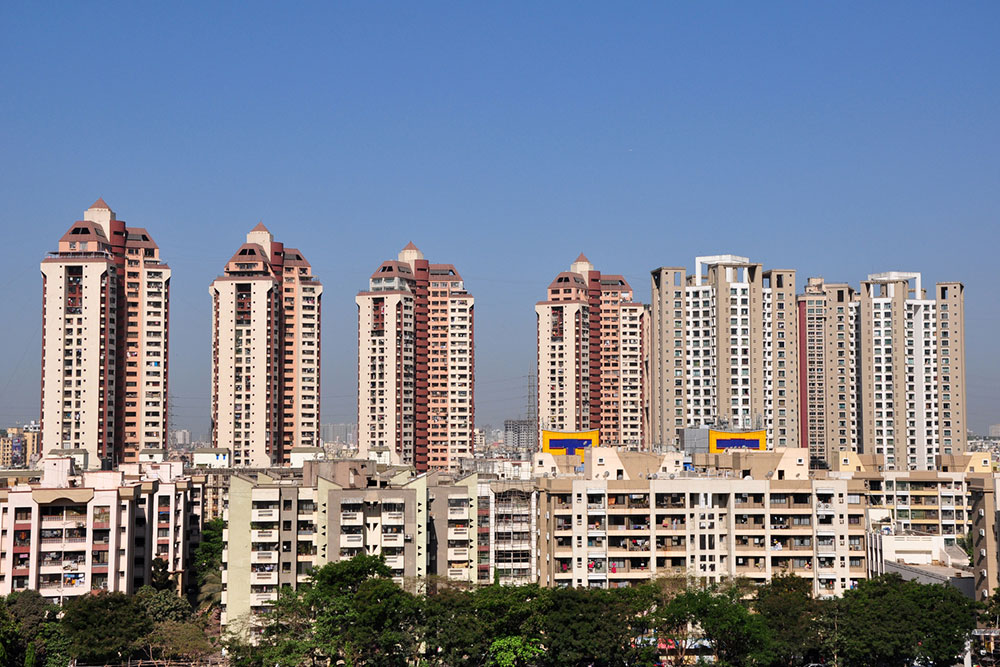7 Key Things to Know about Mumbai’s Lodha Palava City
Lodha’s Palava City is a planned modern smart city in Mumbai. It has been developed to harmoniously combine best-in-class amenities and premium homes with scenic views of nature. Its plethora of facilities enable residents to live a fulfilled and comfortable life. Everything can be found here, from educational institutes to parks and office spaces. For those curious about Lodha Palava City, here are some of the key things to know about.
Development of Palava City
The initial phase of Lodha Palava, spread over nearly 300 acres, was completed in 2016. By then, approximately 1,350 homes were sold within the township of Palava.

A city with smart governance
One of the key things that make Palava stand out is its adoption of the C.C.T.V model for governance. C.C.T.V, which means Citizens, Community, Technology, and Vision, ensures that all the citizens of Palava City participate and are included in the efficient management practices implemented within the community. Accordingly, Palava has several private municipal and resident councils that collaborate to run the city.
Commuting made convenient
Another key aspect of Lodha Palava city is how connected it is to various parts of the city. This is solely due to the city’s location. It has been strategically constructed between Navi Mumbai, Thane, and Kalyan. As a result, it makes commuting to other parts of the city quite convenient, whether by road or train, via road, or rail network. Moreover, the upcoming Kalyan-Taloja metro line is quite close to the project, even at a walking distance for some residents. In addition, several infrastructural upgrades are in progress, which promise to ensure better commute and connectivity.
Pedestrian-friendly infrastructure
Palava has implemented the unique concept of making the infrastructure friendly for pedestrians. By putting pedestrians first, this smart city has designed an active ecosystem that encourages residents to safely walk, jog, and cycle anywhere within the city. This is possible through the wide roads, dedicated walkways, and vast jogging tracks. Moreover, the city has been designed based on the 5-10-20 principle. This feature means all the daily essentials, educational institutions, social and physical activity centers, and office spaces can be reached between 5 to 20 minutes from one’s home. All of these make the city environmentally friendly and help residents stay active and healthy.
Home units suitable for every age
Lodha Palava City has been designed to cater to customers of every age and in every life situation. Thus, whether it is newly-wed individuals, single working professionals, families with kids, or elderly persons, there is a home unit for everyone. With its wholesome ecosystem, Palava caters to every need and requirement that homeowners may have. This is possible because all the essentials, from schools to business centers, recreational facilities, healthcare facilities, and shopping complexes, are situated within the city itself.
Facilities for healthcare needs
Palava City has been developed by emphasizing residents’ health and wellness needs. Nestled amid nature, the residents get access to fresh air, which is hard to come by in most urban spaces. Moreover, there is an abundance of green spaces and tranquil surroundings, which are essential to living a content and comfortable life. Besides the proximity to nature, Lodha Palava also has plenty of fitness options. These include clubhouses, sports courts, parks, and gyms. Residents of the city can take advantage of various Wellness Programs and purposeful living initiatives that take place in its various clubhouses and other public spaces. Apart from this, the city has dedicated healthcare centers such as the Healthspring clinic, pharmacies, and the AIMS center.
Sustainability initiatives
Another unique and important feature of Palava that makes it stand out from other urban spaces is its high focus on sustainability features. Since it is a planned city, designs have been implemented to ensure eco-friendliness. For instance, reduced consumption of natural resources is ensured through initiatives such as 100% water recycling. Furthermore, energy requirements are lowered by increased solar energy usage for common and public areas. Besides, the ample green spaces with plenty of trees ensure the Air Quality Index is always high. In addition, facilities are in place to ensure the need for portable water is lowered.
